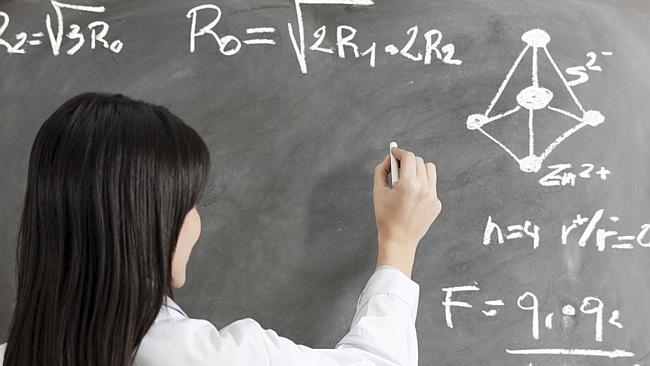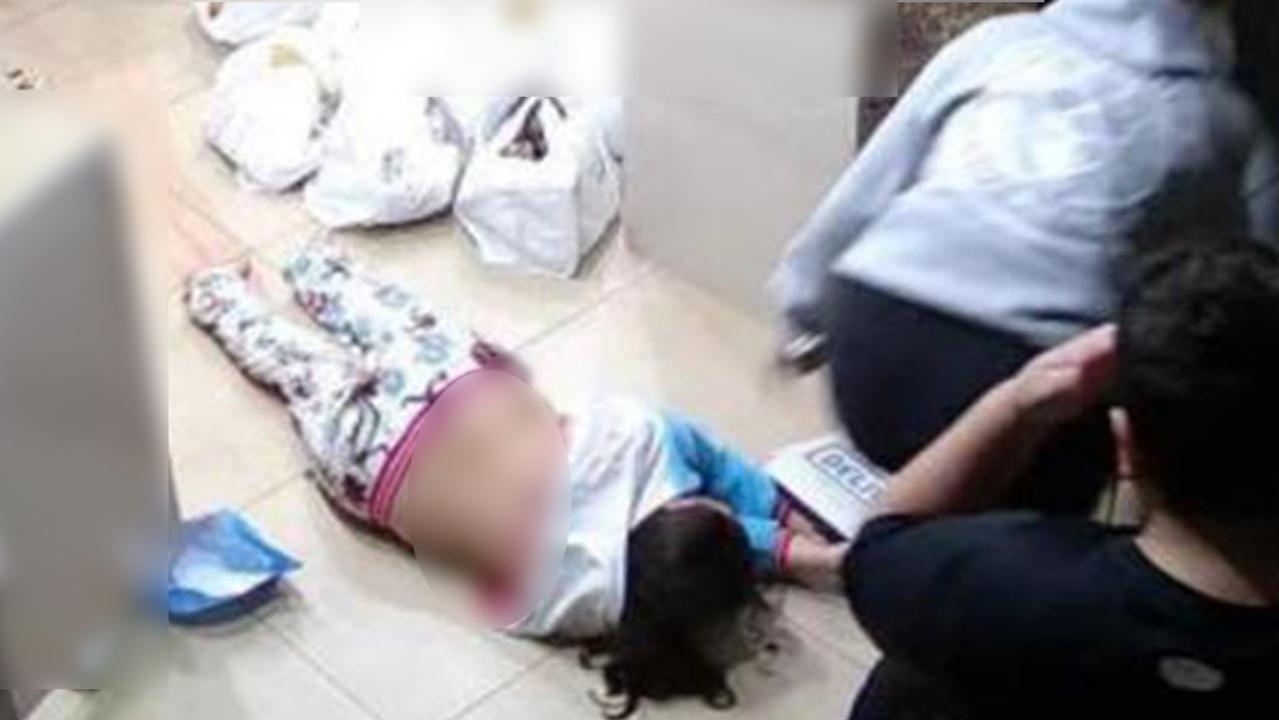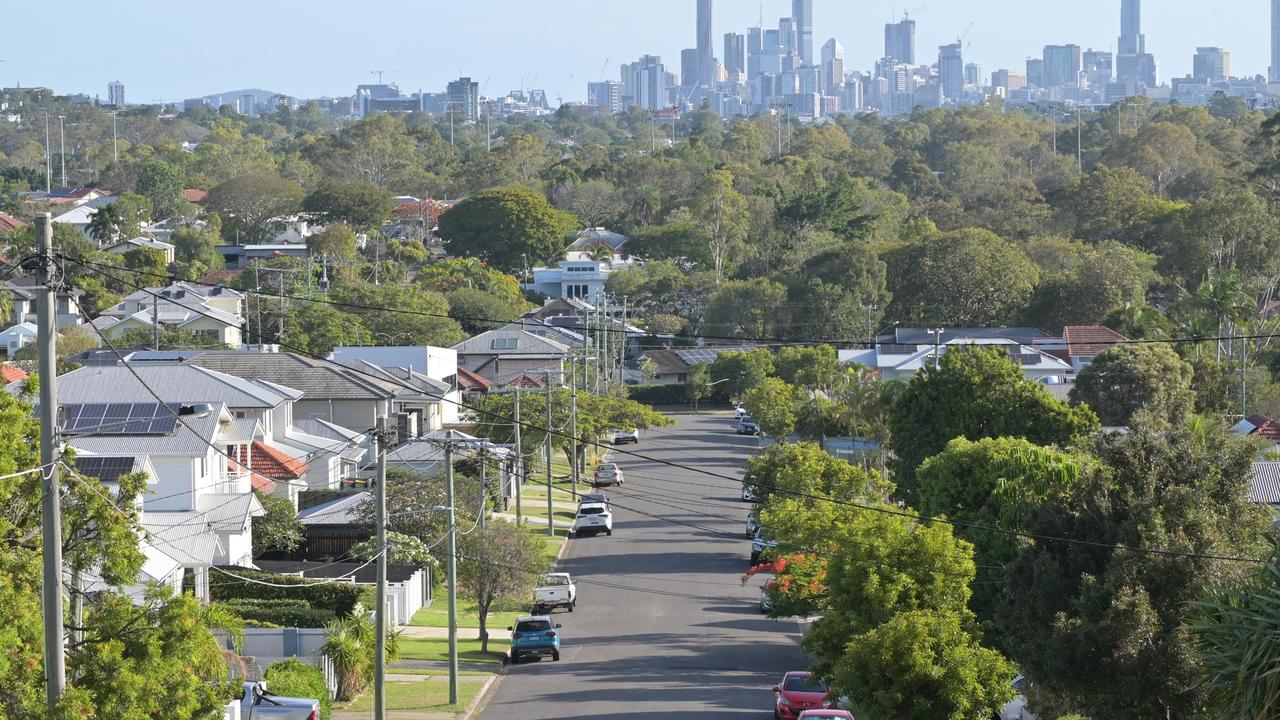One in 10 trainee teachers have failed a new national literacy and numeracy test
A SHOCKING number of trainee teachers have failed a new national literacy and numeracy test. Do you know the answers?

News
Don't miss out on the headlines from News. Followed categories will be added to My News.
ONE in 10 trainee teachers have failed a new national literacy and numeracy test, suggesting there are thousands fronting the country’s classrooms without the proper skills to teach.
Flunking questions as simple as working out percentages or spelling frequently used words, 500 of 5000 university students who took a pilot test in August and September did not make the grade.
The test rolls out nationally in July 2016 to ensure future teachers are capable of teaching maths and English in a move designed to arrest Australia’s continuing slide down international rankings.
Education Minister Simon Birmingham, who will release the results today, said they suggest nearly 2000 teachers graduated last year without the skills to pass the test.
“While the majority of initial teacher education students who sat the test passed, it is concerning that up to one in 10 did not,” he said.
All Queensland universities were involved in the pilot test and those who failed this year faced no consequences.
Students will need to pass from next year before they can register in the profession, although they can resit the tests.
While the breakdown of which students failed the pilot has not been released, universities have been told how their students fared so they can adjust their courses if needed.
New subjects focusing on improving maths and English are a possibility as the Government demands teaching graduates are assessed as being in the top 30 per cent of the population when it comes to personal literacy and numeracy skills.
The Australian Institute for Teaching and School Leadership’s board chairman John Hattie said the test was part of several changes to toughen up the registration process.
“It is a worry, yes,” he said of those who failed. “That’s why we want to do something about it.
“It’s building confidence in the parents that when they get a new teacher they know they’re well trained for the classroom.
“We know a lot of new teachers are stunning people, we just want all of them to be.”
The move stemmed from a Federal Government review into teaching qualifications last year amid concerns university degrees focused too heavily on theory and not on necessary classroom skills.
For 22-year-old teaching graduate Andrea Reidy, who has been studying a Bachelor of Education for Secondary at the University of Queensland as well as a Bachelor of Arts, the idea of a literacy and numeracy test does not appeal.
“I really don’t think it’s needed, the whole concept is something that should be done during the education degree,” she said.
“It should have those lessons embedded in them, this seems like a bit of a tack on.”
Hoping to teach geography and history, Ms Reidy will next year travel to the UK for six months to teach before returning to Queensland.
University of Queensland Education Society president Ricky Lee said basic literacy and numeracy should be taught during the degree.
“At the end of the day, not every single graduate would need to teach English and mathematics,” he said.
— with Brittany Vonow


